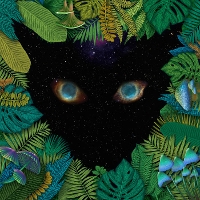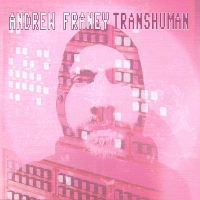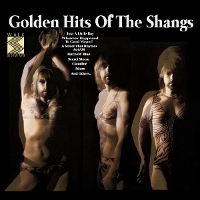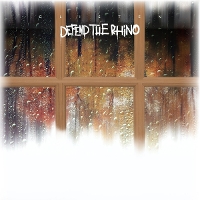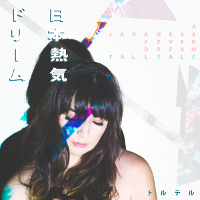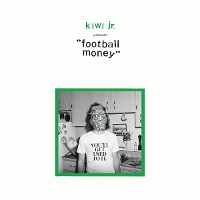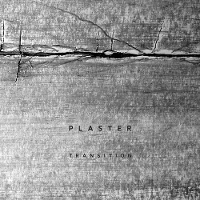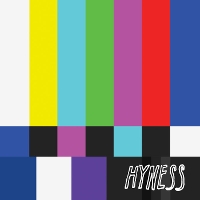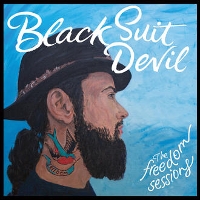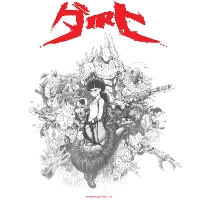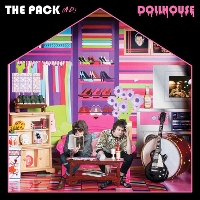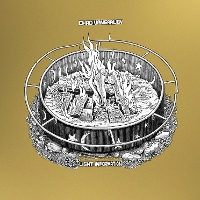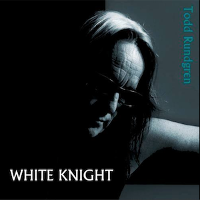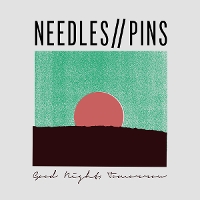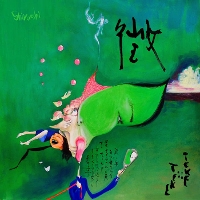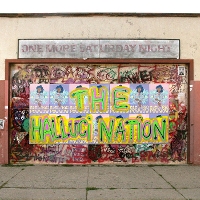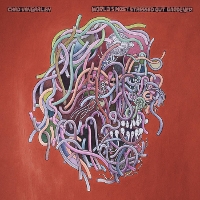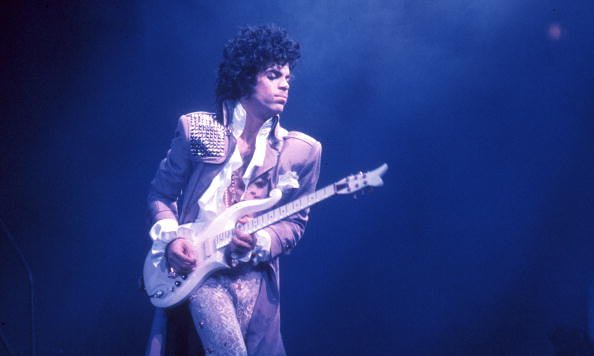
Prince 1958 - 2016
Prince and the Revolutionary Heart
What does it mean when an icon, your hero, dies? Can you mourn someone you don't really know?
 I knew the Prince that existed in my heart better than anyone... That's what great artists do, reach into the depths of your mind and soul, to show you parts that were hidden even from from yourself.
I knew the Prince that existed in my heart better than anyone... That's what great artists do, reach into the depths of your mind and soul, to show you parts that were hidden even from from yourself.

I owned Prince’s compilation album The Hits, for several years before I ever actually listened to it. At the time I had a hobby of visiting second-hand music dealers and pawn shops to buy CDs, which were going out of style like yesterday’s news. They were cheap, and if I’d heard of an artist I was vaguely interested in, I would buy it. At the time, I’m fairly certain I only knew the song ‘When Doves Cry,’ (or maybe the cover of it by Ginuwine, in the ‘90s), and I’d recalled hearing as a child, the bizarre news that he had changed his name to a symbol. I was more into Nirvana and Pearl Jam, as they spoke more to my overly angsty, self-important teenage self.
It seems odd to me that there was a time in my life where he existed in that strange space in a person’s mind, where you’ve heard of a person just because they are so famous, that it’s strange if you haven’t heard of them. I wasn’t really familiar with his work. I find that odd because of what his work later came to mean to me, a ‘relationship’ that lasted more than a decade.
Of course, I recognize and agree with the criticisms of the media frenzy and oversaturation of coverage when someone as beloved as Prince or David Bowie dies. In the aftermath of his death, every media outlet, from the Wall Street Journal and The Economist (apparently business focused publications) to Gawker Media published multiple front-page stories about him. CNN had a story about him on its front page, a full week after his death.
Even as a Prince superfan, it seemed excessive. In the same week the city of Kabul, Afghanistan suffered one of the worst bombings in decades, in which 64 people died and hundreds more were injured. In the Mediterranean, 500 refugees were believed to have drowned, sailing from Libya to Italy. Perhaps one of the children that died could have grown up to have superstar talent like Prince.  Prince clearly acknowledged, rather than ignored his own blackness, and then transformed it into whatever he wanted despite the boxes that others would put him in.
Prince clearly acknowledged, rather than ignored his own blackness, and then transformed it into whatever he wanted despite the boxes that others would put him in.

Of course, in a time where most media outlets are ailing, celebrity news not only gets more hits and shares, but is much cheaper to produce than real hard-hitting news. That’s not to say that a person of his fame, talent and cultural influence doesn’t deserve notice in the media, but it gives one pause when it dominates the news for days and days after his death.
Granting all of these things - I still had to mourn his death. And despite some of the critiques, I thought it was ok to do so, with perspective. Because when you consume an artists’ work, you do have a relationship with them. Not a personal one, of course, but you do have an engagement with the work that they put out into the world. I don’t think there’s a word for this type of relationship in in the English language. It’s difficult to describe and even stranger to try and reflect on the relationship you’ve had with a public figure who has never met you, but they have had a huge impact on your life. You’ve had a relationship with a version of that person that they chose to present to the public, combined with the version of them you’ve created in your mind based on what their art meant to you.
I think most of us have had that ‘artist’ with whom you just connected, who made you feel like their music was created just for you, and that any music you may have listened to before was merely a trifle.
Prince was something like that for me, and clearly he spoke that way to many, many people. Not just through his music, but also through his blurring the lines between male and female, white and black, sacred and 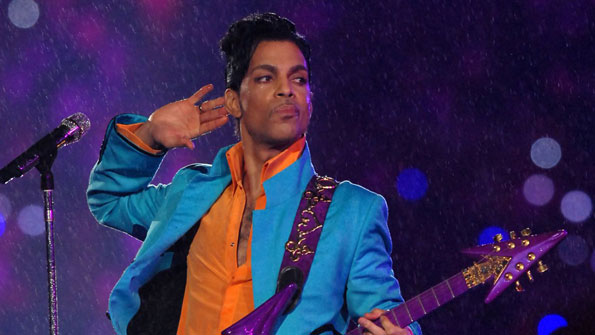
profane, genre boundaries. He showed us what was possible when you have the courage to be and do whatever you want. There’s plenty of artists that can write a catchy tune or two, but how many of them truly burrow themselves deeply into your soul, become a part of your identity and truly have an influence on who you are? All without having ever known them, and just engaging with their ‘public’ self. Clearly I wasn’t the only one, and Prince is certainly in that rare category of artist.
For me, not only did I love his music, but he showed me, as a young man that struggled to fit in with my peers, that there were different ways to conceive of being a man. That I didn’t have to bound by the box that others put me in, by gender, race or whatever else. Not that this was advocating ‘colourblindness;’ Prince clearly acknowledged, rather than ignored his own blackness, and then transformed it into whatever he wanted despite the boxes that others would put him in.
I’m certainly mourning Prince, or at least the version of him that exists in my heart, because he certainly meant a lot to me. I don’t need an onslaught of media coverage to mourn him though. I knew him as well or better than anyone could have known the public Prince (and what a glorious public persona it was). There was a tweet that went viral in the wake of his death that said:
I knew the Prince that existed in my heart better than anyone, because it’s a part of me, helped shape who I am, and has been absorbed into my being such that I can’t separate it from who I am. That’s what great artists do, reach into the depths of your mind and soul, to show you parts that were hidden even from from yourself. I know how to mourn my Prince too, and I’m doing that, personally and in reminiscences with my friends.Thinking about how we mourn artists we've never met. We don't cry because we knew them, we cry because they helped us know ourselves.
— Juliette (@ElusiveJ) 11 January 2016
News of Prince’s great generosity and philanthropy has trickled out since his death. As a Jehovah’s Witness, he endeavoured to keep his charitable efforts private. Prince has always been slyly political, frequently included lyrics related to politics and social ills in his work, of course with his own unique twists. In ‘Sign ‘O’ The Times’, Prince wrote:
“In France, a skinny man died of a big disease with a little name,
by chance his girlfriend came across a needle and soon she did the same.
A sister killed her baby 'cause she couldn't afford to feed it,
and yet we're sending people to the moon.”
More recently, Prince wrote a beautiful protest song called ‘Baltimore’ that criticized the shootings of young, black men by police officers. He wrote in it: “Does anybody hear us pray
For Michael Brown or Freddie Gray?
Peace is more than the absence of war
Are we gonna see another bloody day?
We're tired of the cryin' and people dyin'
Let's take all the guns away
The song ends with the spoken words: “We have to interrupt the regular scheduled programming to bring you up to date on a developing situation in Los Angeles.“ Ironically then, I think Prince would not have wanted his own death to overshadow so many of the injustices affecting so many more people than just him. The oversaturation of media coverage of his death (and any time a celebrity dies) saw much of the press abdicate their true responsibilities to society, and certainly the ubiquitousness of celebrity and entertainment news on a day-to-day basis is a poor substitute for what the media should truly be doing.
Prince would certainly have wanted us to celebrate his life and the joy of his music, but he would never have had that replace consideration of the injustices that exist in the world. In one of my favourite songs, 1999, he envisioned a futuristic dance party that, at least temporarily, transcended racism, sexism, poverty and the shared threat of nuclear war. He wrote:
comments powered by DisqusEverybody's got bombs, we could all die any day.
But before I'll let that happen,I'll dance my life awayWar is all around us, my mind says prepare 2 fight
So if I gotta die, I'm gonna listen 2 my body tonightTwo thousand-zero-zero party over, Oops out of time
So tonight I'm gonna party like it's 1999

